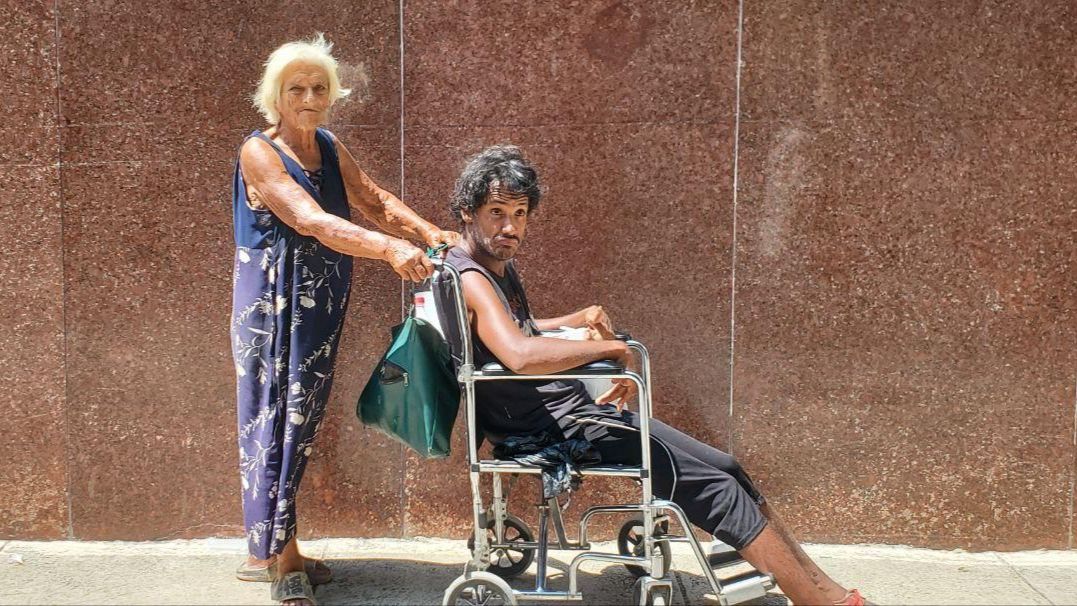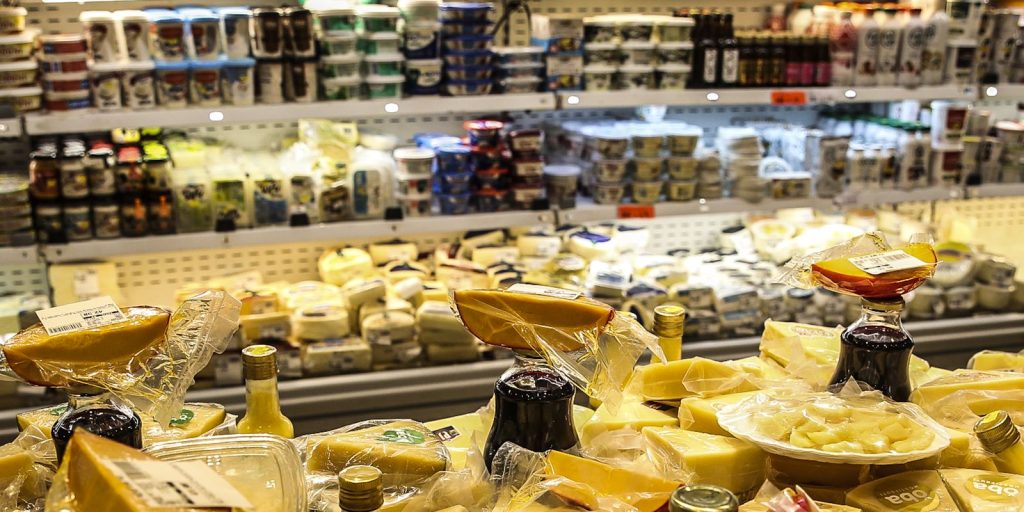AREQUIPA, Peru – “My old man died,” says Loreta Venciano Falcón with a sad expression. She walks through the streets of Havana pushing her grandson Alain in a wheelchair. Despite her advanced age, the old woman goes out to “fight” in order to survive.
The severe economic crisis in Cuba is affecting the elderly most drastically. Daily life is aggravated by widespread shortages of both medicine and food. The island is a hostile place for seniors, as Loreta knows well.
For a moment, he stops to chat with CubaNet She explains that she has been a widow for five months, after her husband died of a heart attack. She lets her feelings out and shares her story, which is almost the story of a generation. The reflection of a country.
“I am alone with him (Alain) and my granddaughter. There are times when I come to fight for something so I can hold food “Because it is very expensive. Everything is very expensive,” he explains.
Loreta is responsible for feeding three people every day, including herself. She admits that it is an extremely complicated task in the current context. She recently received a pension increase from the State, but it barely represents a drop of water in the arid desert of inflation and exorbitant prices.
“I got a raise because my husband died. Even so, that’s not enough. It’s 3,000 pesos, and he gets 1,500,” she says, pointing to her disabled grandson. “It’s 4,500. That’s not enough to eat for the whole month buying at a higher price.”
Loreta then shares her personal accounts. The mathematics behind the cost of living in the capital, which in turn are a familiar subject for the majority of Cubans on the Island.
“Just one picadillo I bought the other day cost me six cents. 630 pesos! Well, I made half of it, and today I’m going to make the other half,” she says, between disbelief and anguish.
A retired elderly woman’s life’s worth of work is exhausted in little more than a sentence. In a few words, Loreta bought two packets of rice, which cost 1,100 pesos. “It all goes away in two or three meals,” she concludes.
He lives on Ánimas Street, in Casa Blanca, very close to a hill. About a week ago, someone broke into his house and took the television receiver box. Since then, Alain “has been suffering a lot, crying.” He is restless, and because of his physical and mental condition, he has fits and outbursts.
“My house didn’t have a good lock and they broke in,” says Loreta. She knows that a new device would cost around 19,000 pesos or 50 dollars, and she also knows that buying it is beyond her means.
Of all his troubles, and if he could count on any help, that would be his priority. Now his screen is “just drizzle”, because the aforementioned hill does not let in any signal.
Last year, the Cuban population maintained the tendency to aging and natural decline. In 2024, demographic data do not point to improvements. Births on the Island have resulted in the lowest figure in the last six decades. The quality of life is a utopia. With trembling hands, Loreta pushes the chair away.
Follow our channel WhatsApp. Receive the information from CubaNet on your cell phone through Telegram.
















